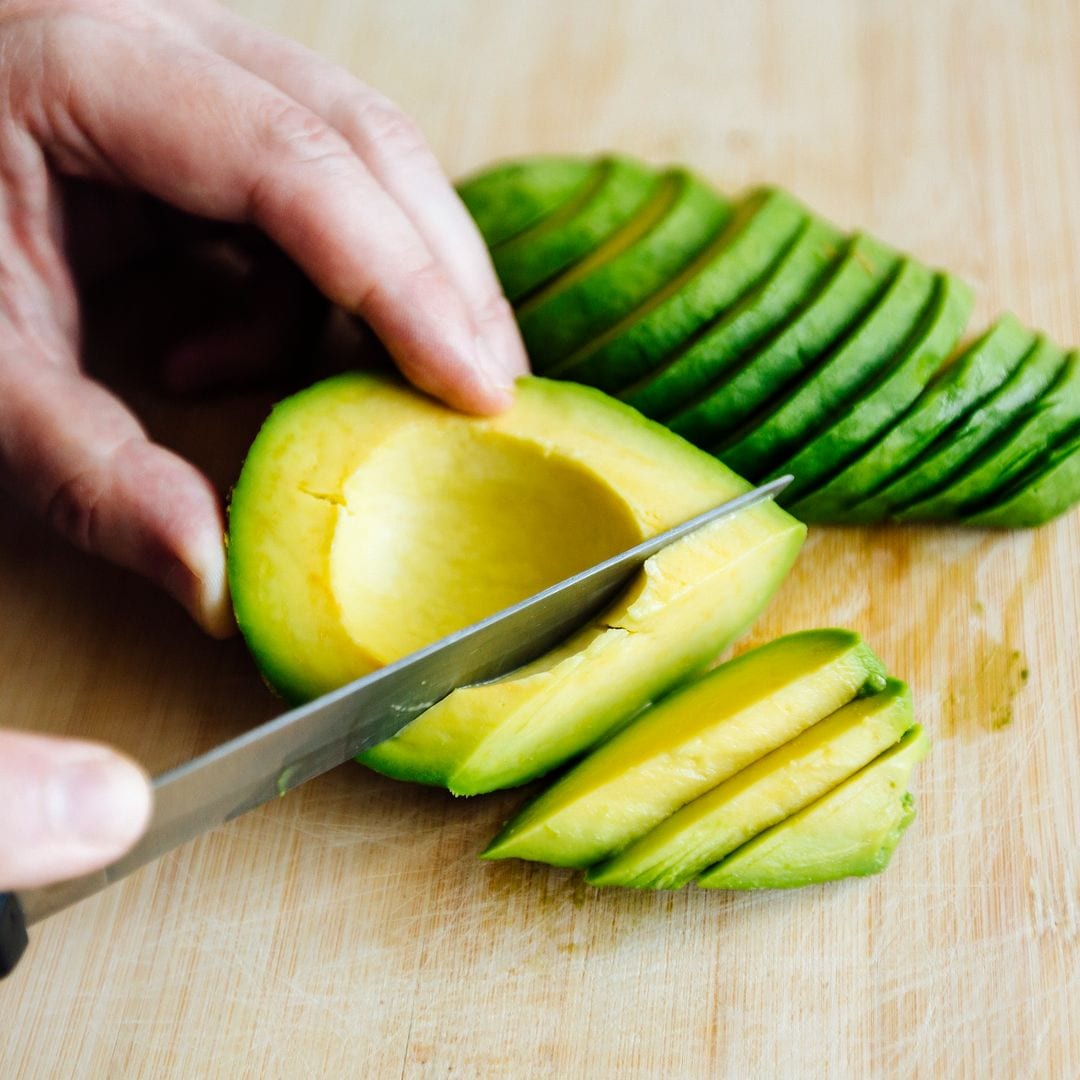Apple cider vinegar is the kitchen staple turned wellness elixir that's taken over TikTok and your mom's pantry. But the big question: should you be taking a shot of it daily? Or is that just another health trend best left in 2022 with celery juice and oil pulling?
According to experts, apple cider vinegar (ACV) is no longer just for salad dressings. The raw, unfiltered kind has earned a shiny spot in the wellness world for claims like improving digestion, stabilizing blood sugar, helping with appetite control, and giving you that mysterious glow from within.
But does it live up to the hype? We asked the experts (and yes, they delivered the tea, or in this case, the vinegar).
The good: digestion, blood sugar, and energy support
First up, digestion. If you've ever felt like your food sits there after a big meal, ACV might help get things moving. Laura Barrera, Functional Medicine Health Coach, explained to HOLA! USA that "taking a small amount of apple cider vinegar (ACV) can support digestion, especially before meals. It acts like a digestive enzyme by increasing stomach acid, which helps your body break down food more efficiently — especially proteins and heavier meals."
She also pointed out something most people miss: antacids (like TUMS) can reduce stomach acid over time, making digestion worse in the long run. Instead of suppressing what your body naturally does, ACV can help support it gently.
Dr. Trevor Cates, a naturopathic physician and founder of The Spa Dr., agrees: "I often recommend it before meals to help stimulate stomach acid and digestive enzymes, which can enhance nutrient absorption and reduce occasional bloating."
On top of that, ACV may help keep your blood sugar more stable after meals, according to Dr. Helen Messier, MD, PhD, Chief Medical and Science Officer at Fountain Life. "Small studies suggest that ACV may help stabilize post-meal blood sugar, improve insulin sensitivity, and support digestion. These effects are largely tied to the acetic acid content, which may slow gastric emptying and blunt glucose spikes."
So, if your blood sugar tends to rollercoaster after a bowl of pasta or sushi, ACV could help you ride those waves more smoothly.
Functional Nutritionist Elizabeth Katzman swears by her daily diluted ACV habit. "This daily habit provides several health benefits. It supports digestion, helps regulate my blood sugar levels, and creates a sense of fullness that assists with portion control. I've also noticed improved energy levels throughout the afternoon," she told HOLA! USA.
The not-so-fun part: it can mess you up if you're not careful
Before you start chugging from the bottle like it's kombucha, pump the brakes. ACV is highly acidic, with a pH of 2 to 3, which means it can damage your tooth enamel, irritate your throat, mess with your stomach, and basically make your esophagus hate you. "Taking it as a 'shot', especially undiluted can irritate the esophagus, damage tooth enamel, and upset the stomach in some people," warns Dr. Messier.
Even Elizabeth Katzman, who loves her ACV, says dilution is everything. "I typically mix 1–2 tablespoons in 8 ounces of water. This is essential because undiluted vinegar can burn sensitive mouth tissues."
Basically, straight ACV is not good. Watered down? Much better (and your dentist will thank you).
If you're healthy, curious, and want to support digestion or blood sugar, a diluted dose of ACV before meals might be worth trying, emphasizing diluted and before food. But don't expect it to be a miracle cure for your overall wellness. As Dr. Messier put it, "It's not a magic bullet. Vinegar won't offset a high-sugar diet or lack of sleep."
And yeah, if you're dealing with acid reflux, ulcers, or other GI issues, talk to your doctor before jumping on the ACV train.
If you're curious, start slow, dilute it well, and watch how your body reacts. You might find your new favorite pre-lunch ritual. Because a bit of acid never hurts unless you skip the water.
,type=downsize)








